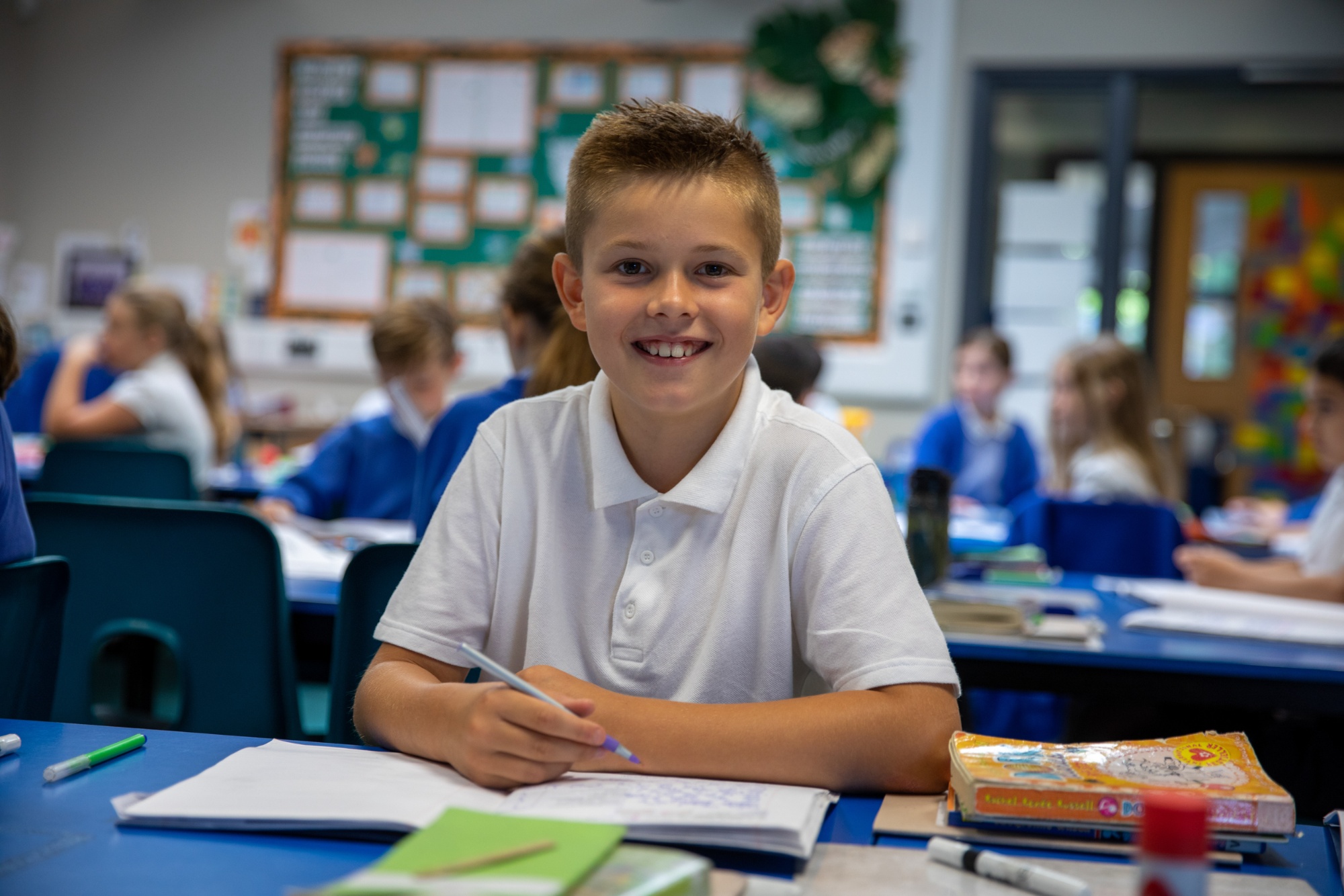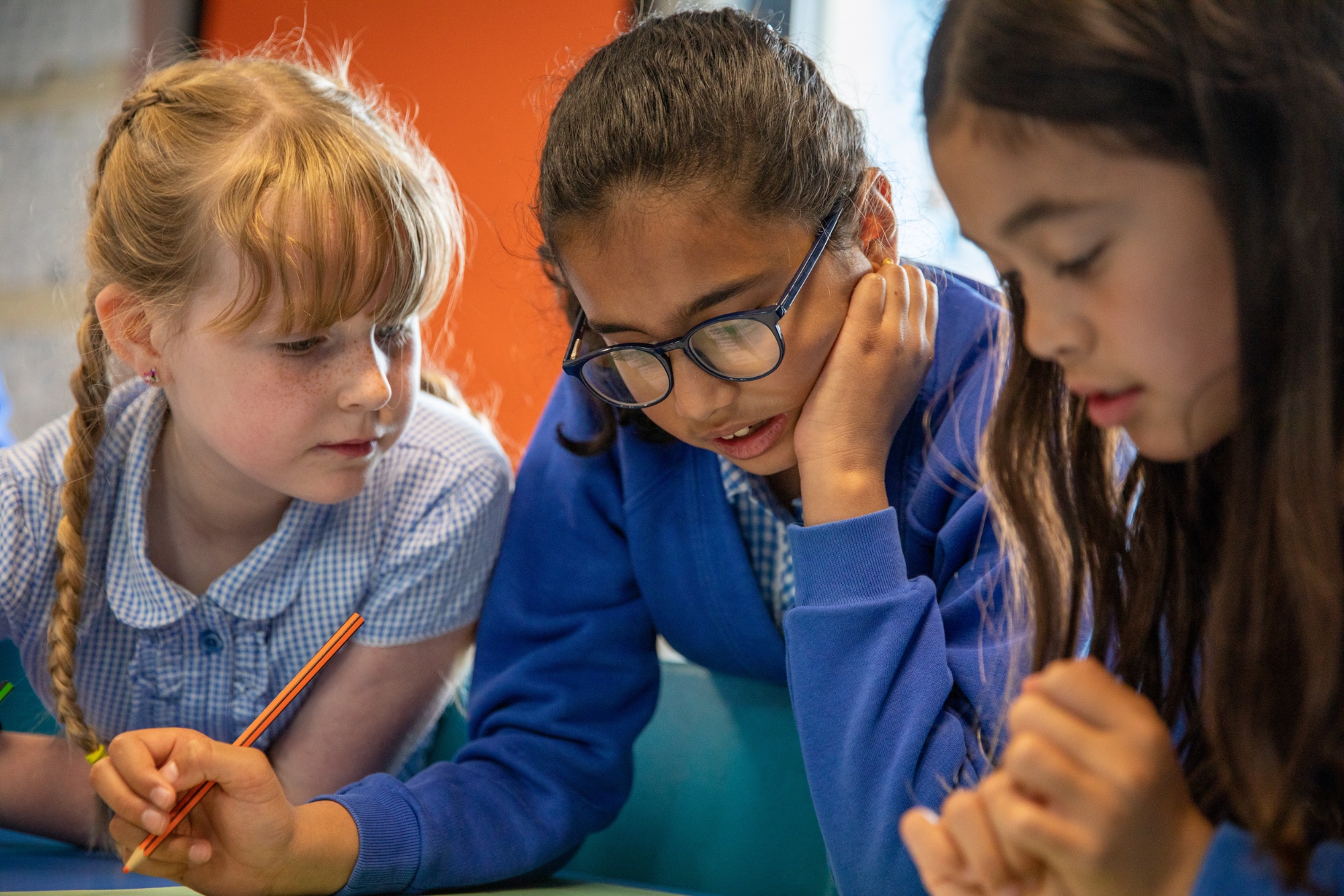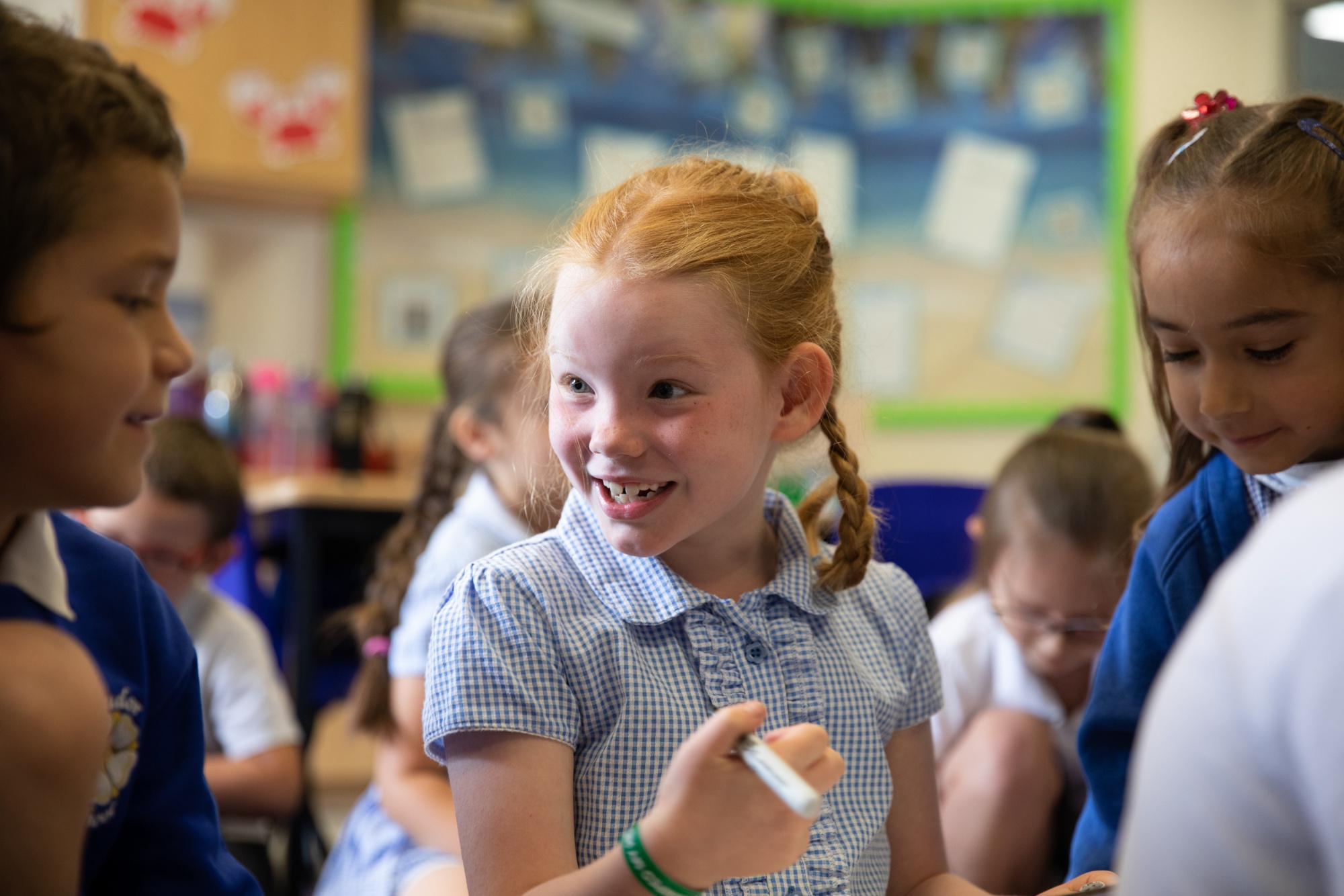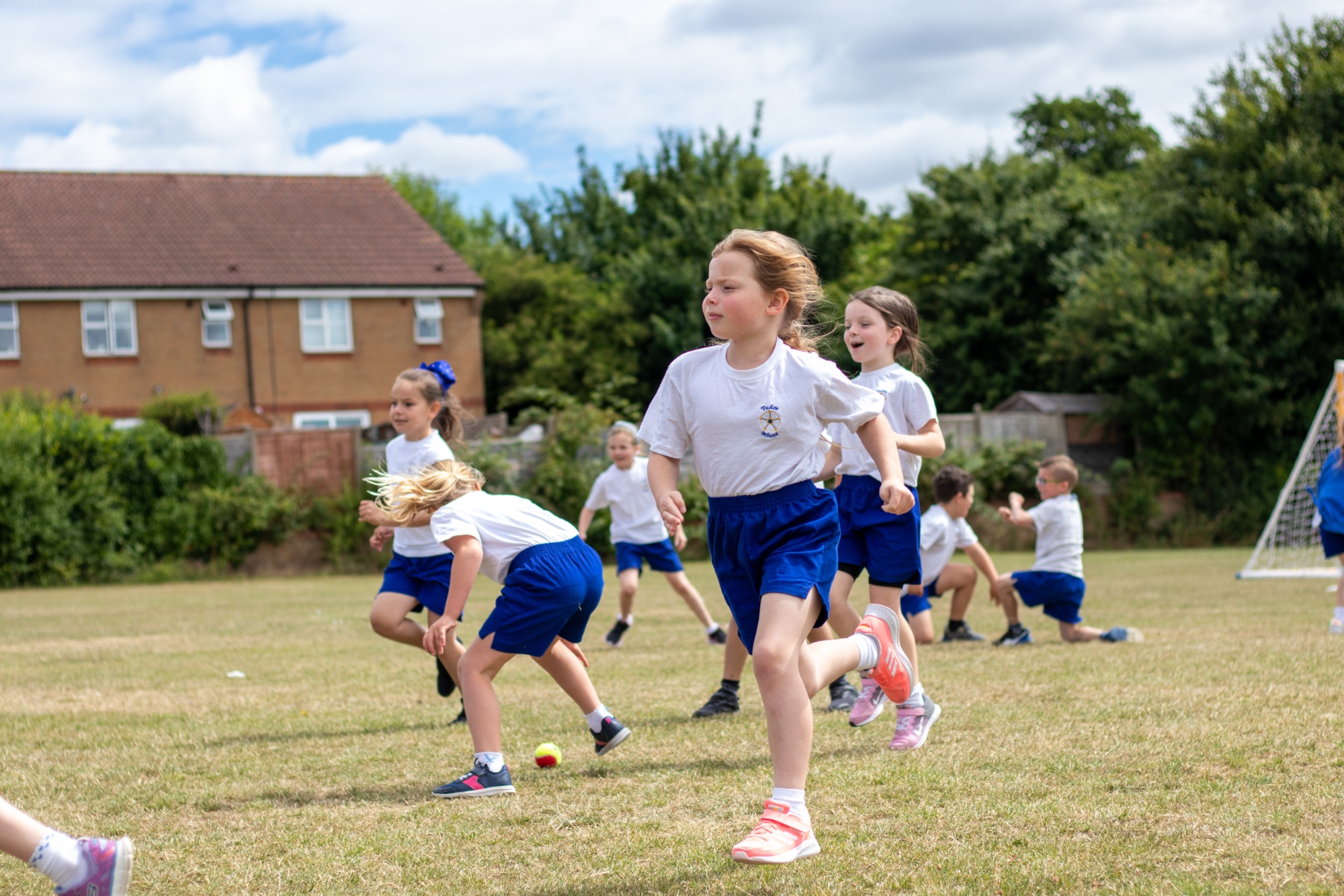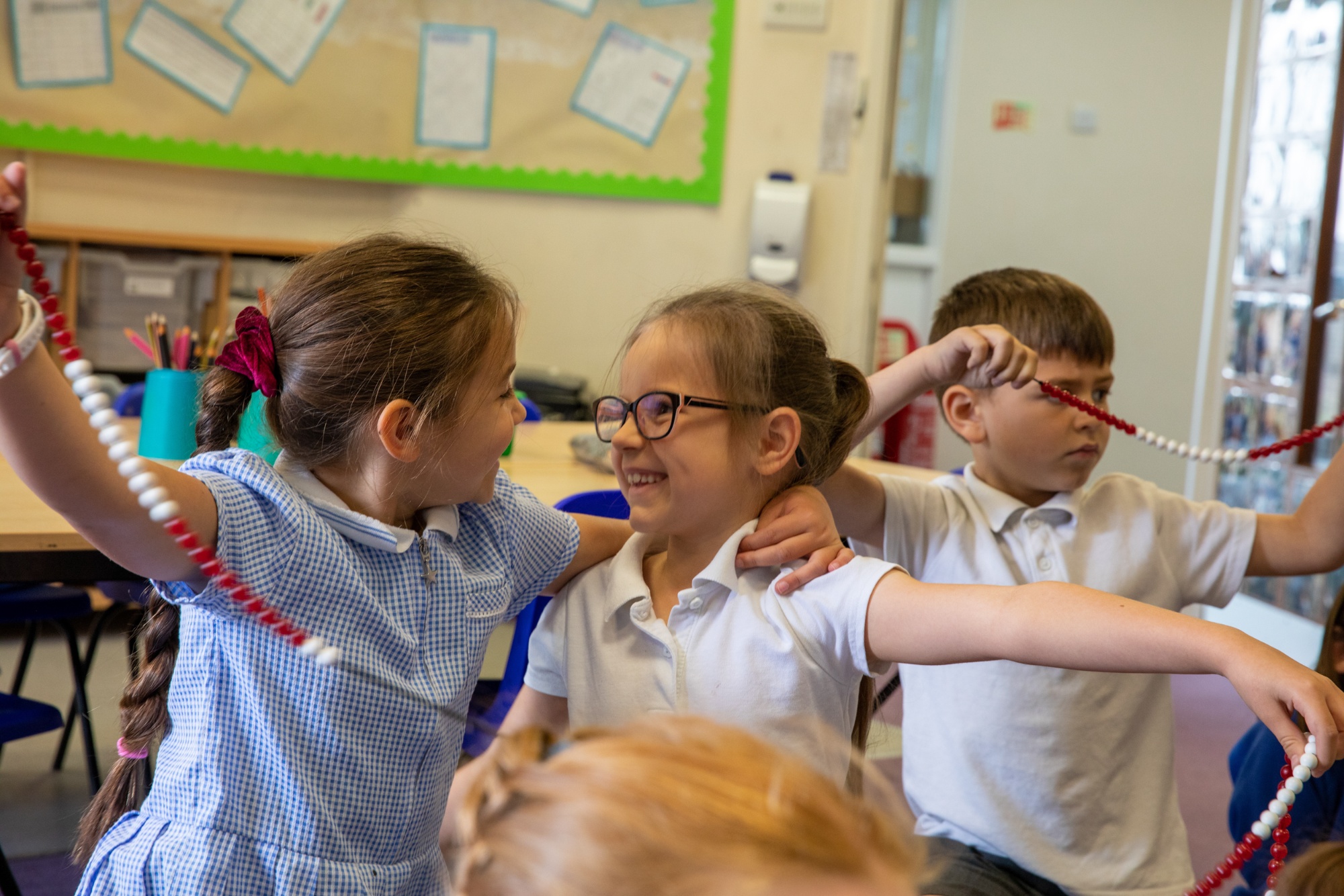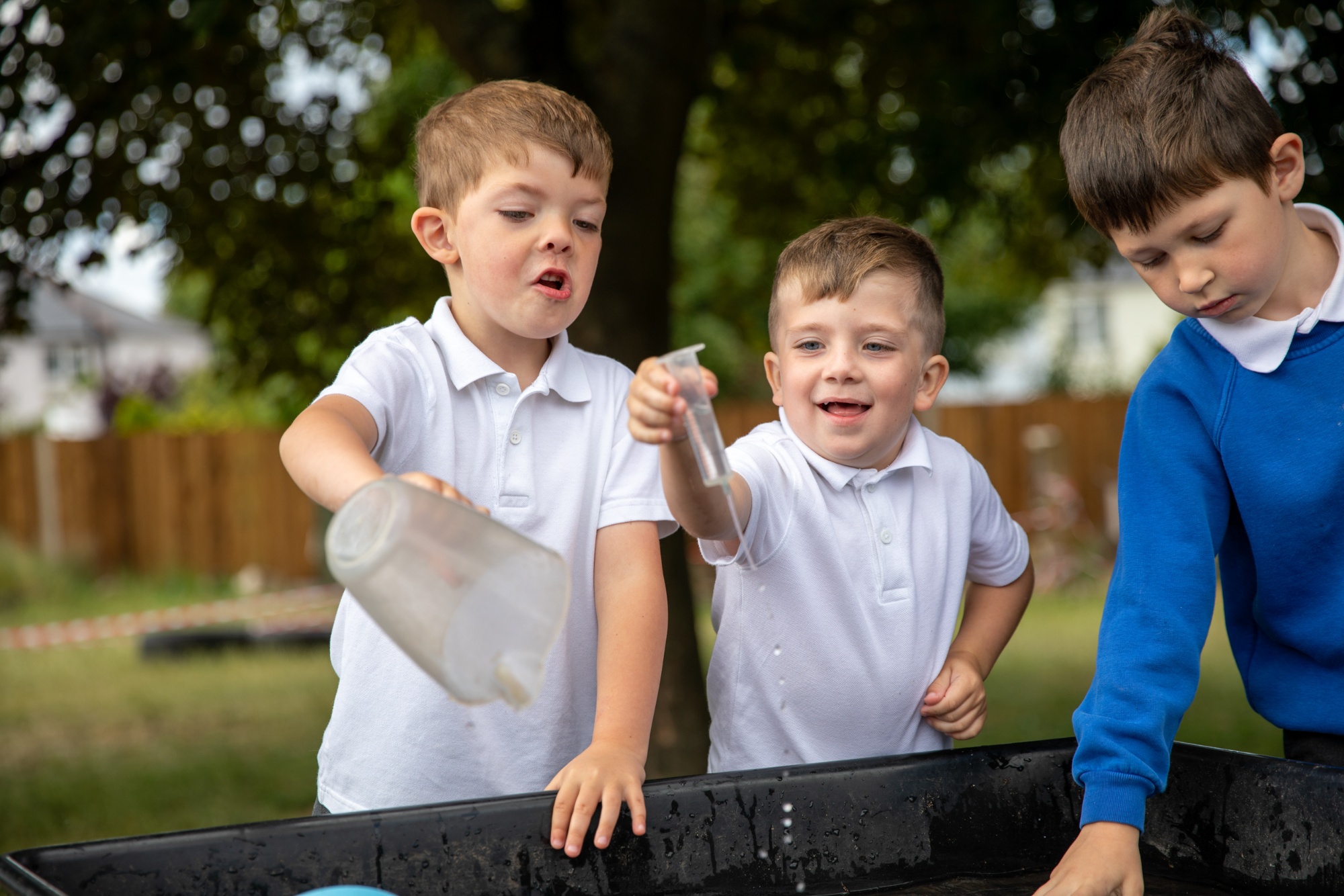Pupil Premium and Pupil Premium +
Our pledge for progress...
Whilst children who receive additional funding have traditionally progressed well at Tudor Primary, the school is now more bespoke in the allocation of funds. We will ensure that we will think creatively and pro actively to do all that we can to maximise the social and educational development of those children who qualify for such additional funding. As a school we must be accountable in our commitment to 'diminishing the differences' in the attainment and progress of these children when compared to all of our children at Tudor as well as children nationally.
You are able to download our latest pupil premium strategy document at the bottom of this page.
As well as being part of a successful county-led 'Diminishing the Differences' project in the recent past, Ofsted inspectors were also full of praise as the quote at the bottom of this page highlights...
We are committed to being accountable in the allocation of funds to ensure that the impact is targeted at those children who require it.
Please keep an eye on this website to see how we continue to support and develop this area of our school.
Would you like to know more?
What is Pupil Premium and Pupil Premium +?
Tudor School aims to provide a curriculum and learning environment, which gives each child the opportunities to realise her/his potential, irrespective of race, religion, ability, gender or culture. We try to build a climate of excitement, enjoyment and celebration so that each child will develop the skills needed for lifelong learning.
The funding is additional government funding to address perceived inequality of opportunity, between children of families on low incomes and their wealthier peers, by ensuring that funding to tackle disadvantage reaches the pupils who need it most. The funding is allocated directly to schools and is calculated by how many pupils are registered to receive free school meals (due to low income) or are looked after by the local authority. It is for schools to decide how the funding is spent, since they are best placed to assess what additional provision should be made for the individual pupils within their responsibility.
At Tudor we value the rich diversity of backgrounds and experiences which our children bring and seek to eliminate achievement gaps that might arise from any form of disadvantage. In order to accomplish this we deliver a 'Tudor Toolkit' that personalises children’s learning through:
- Tailored interventions for children who are working below, but within reach of, age related expectations, as well as those with special educational needs
- Daily breakfast and extra-care opportunities
- Home collections for children each day
- Teaching assistants who offer support for children to meet age related expectations and to challenge more able learners
- Curriculum innovation and investment in technology/ resources
- Dedicated learning support for children with higher levels of need
- Family support workers to enable all our families to thrive
- Counselling services for children with higher levels of emotional needs
- Additional support given to children learning English as an additional language to ensure that they are quickly able to access the curriculum as well as their peers
- A wide range of extra-curricular activities, which are free of charge (or subsidised) to all pupils.
- Subsidies for school outings and workshops to make them accessible for all
- A school uniform subsidy, so that children of families on low incomes are not easily identified, or their self-esteem diminished, by their appearance.
Pupil Premium + is additional educational funding given to schools or virtual schools for children who are ‘looked after’ or in care, plus those children previously looked-after. PP+ funding is provided by the Department for Education (DfE) and devolved to schools and education providers via the Virtual School. However, PP+ for previously looked after children is allocated directly to and managed by the school (not the Virtual School) - and the onus is on the parent, carer or guardian of the child to make the school aware of the child’s status.
How PP+ is spent is decided by the school, and it isn’t ring fenced for individual pupils. Rather, the funding goes into a collective pot to be allocated in the ways the school feels would benefit this group of children. This has been outlined above.
The Virtual School (a multi-agency team consisting of a virtual head teacher, assistant head, Fostering Education Liaison Officers (FELOs), Education Support Officers, Progression Advisors, Support Officers and Education Welfare Officers) provides advice and information to schools on how to make the best use of the grant.
The headteacher has raised staff's awareness and understanding of the pupil premium. There have been large scale changes to the deployment of adults and to the provision of resources to achieve better outcomes for disadvantaged pupils. The impact of this is already apparent. For example, Year 5 and 6 disadvantaged pupils' access to a new breakfast club has demonstrably improved their attendance and punctuality and contributes to their good progress.
(Ofsted)

